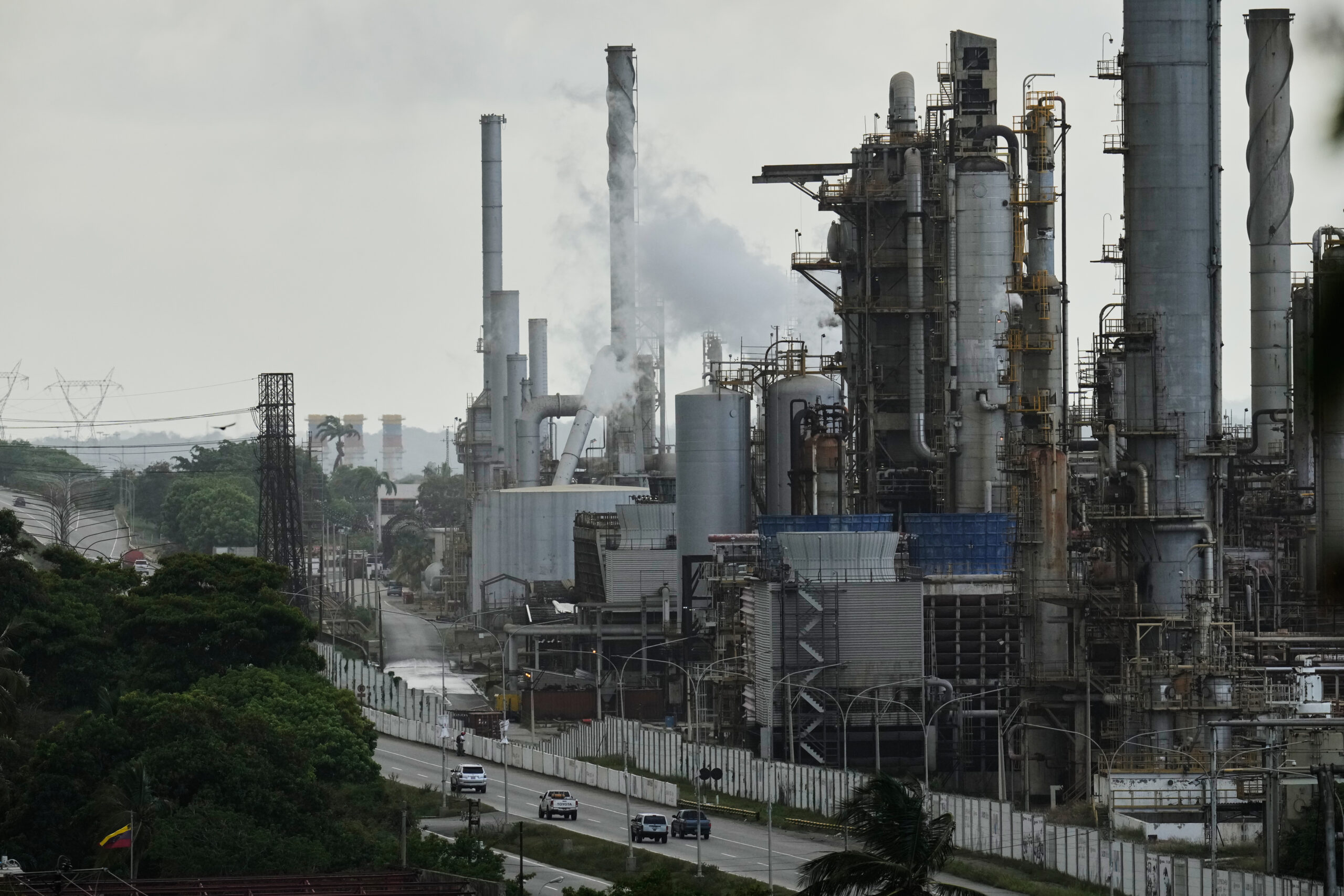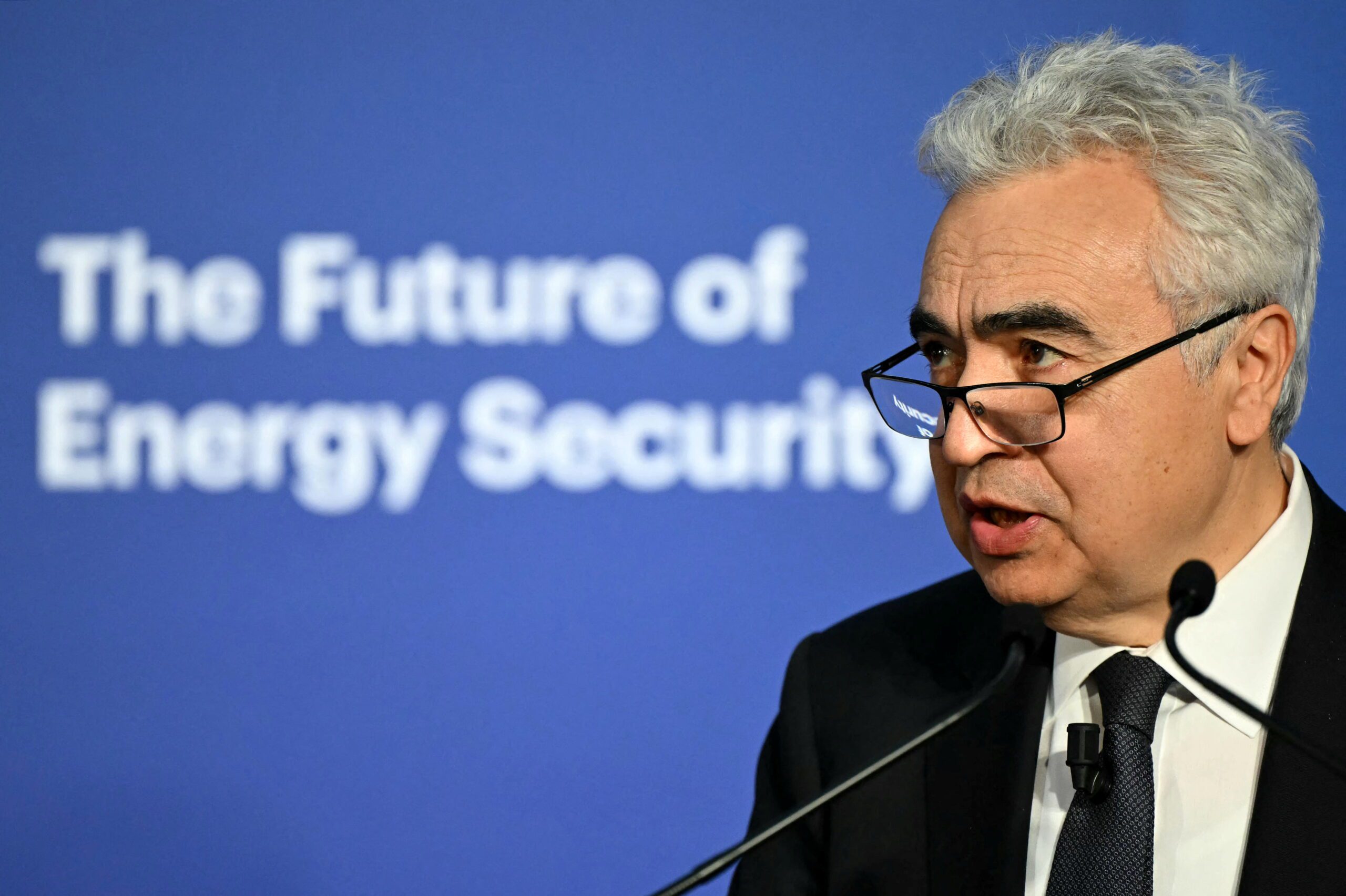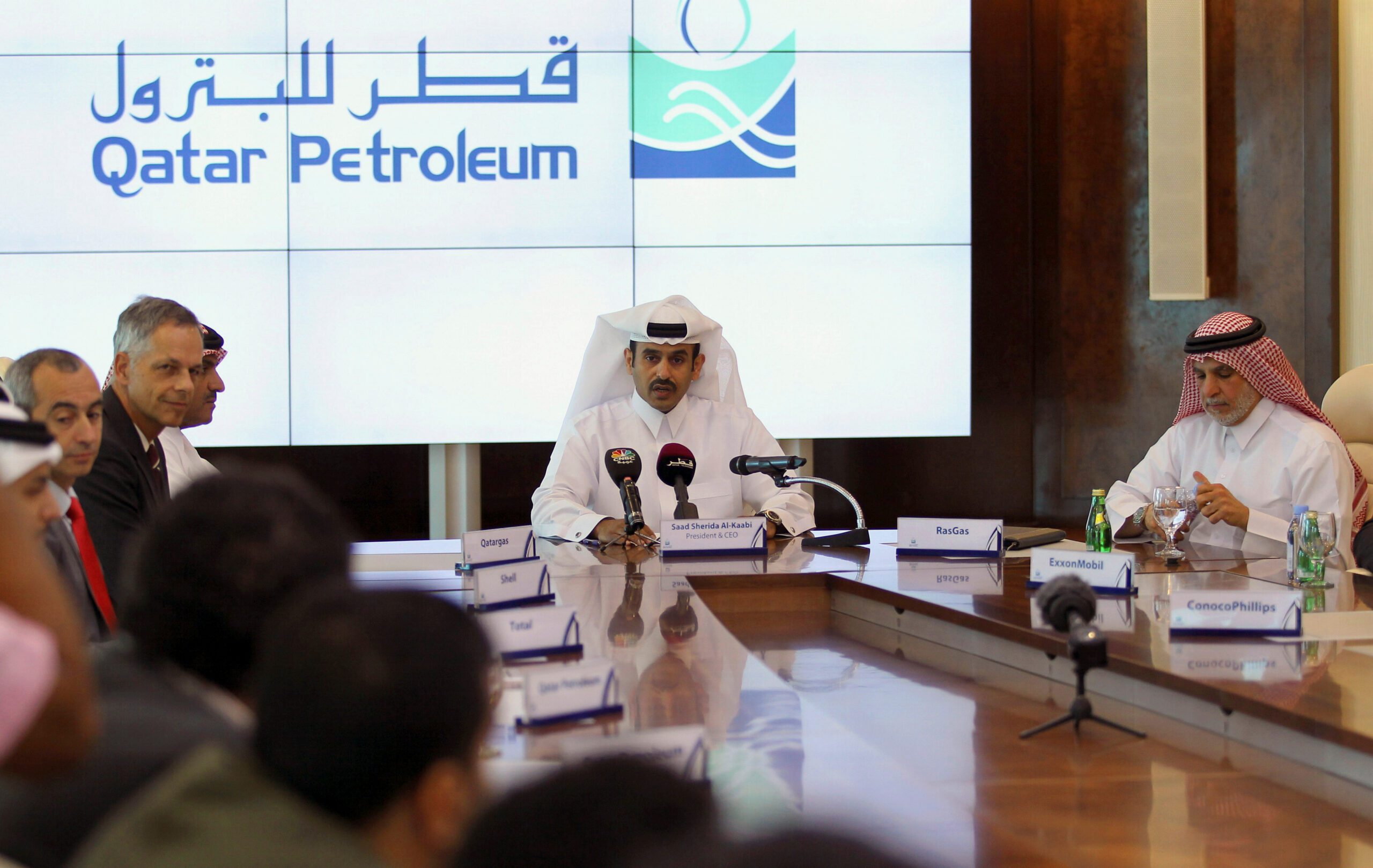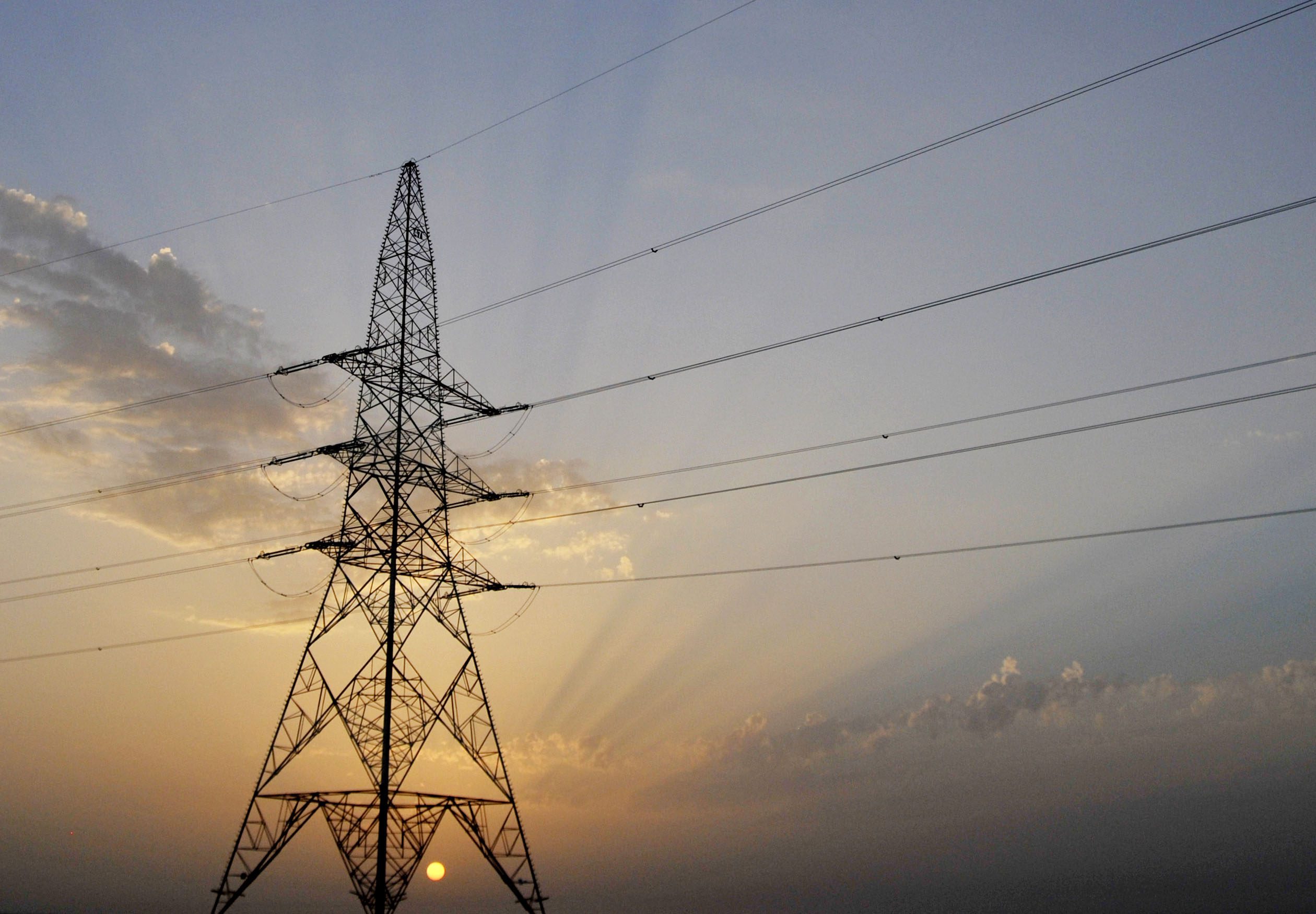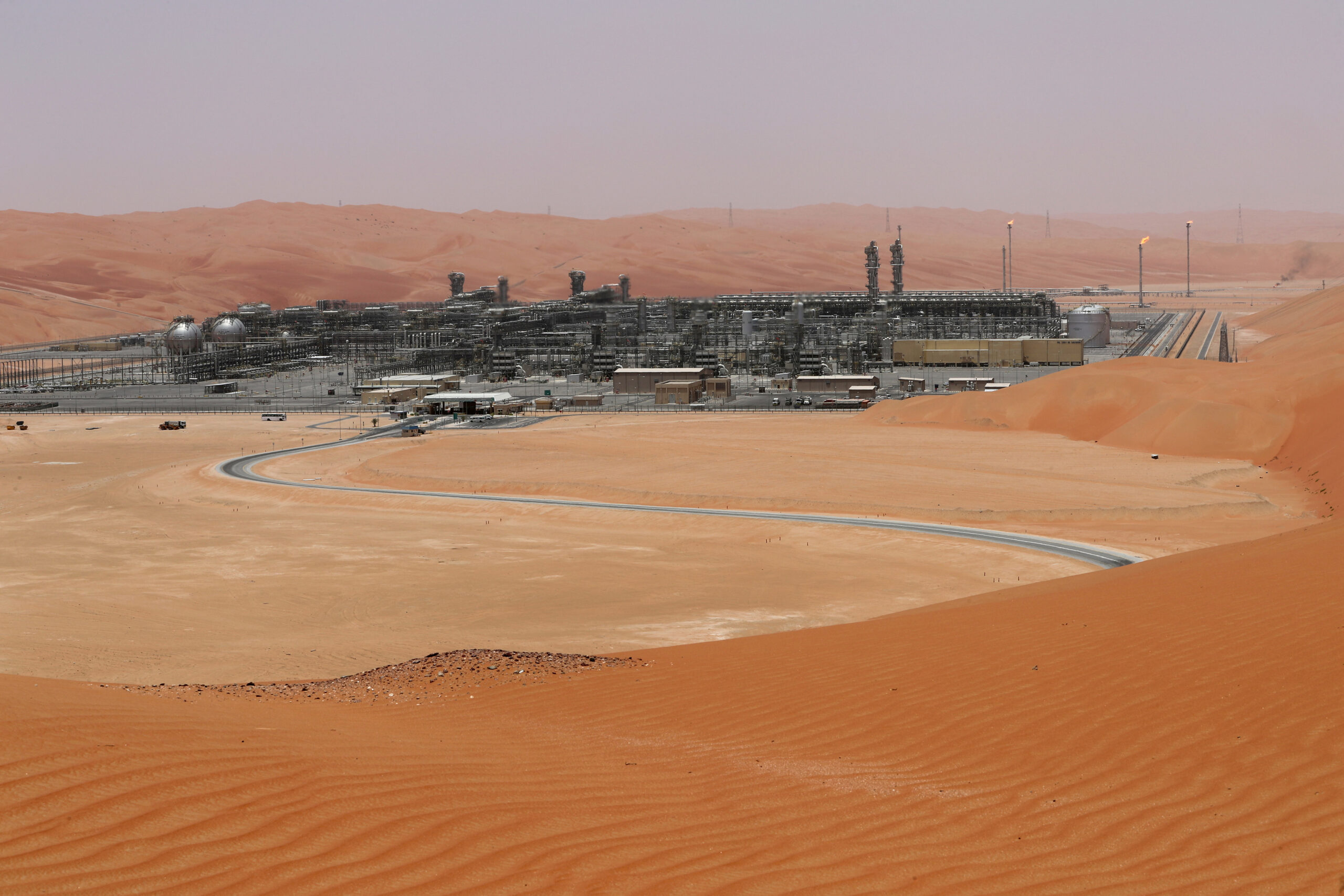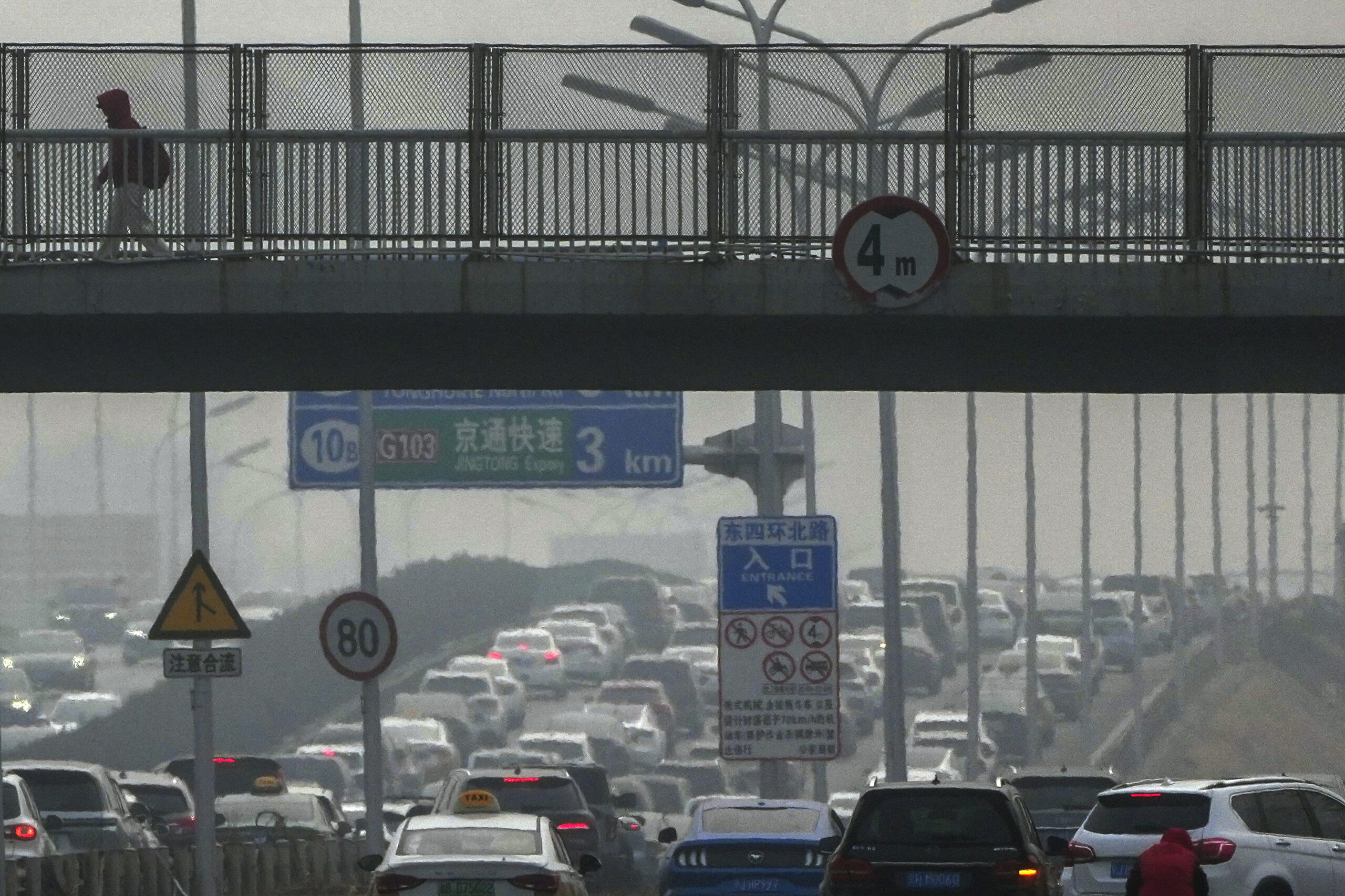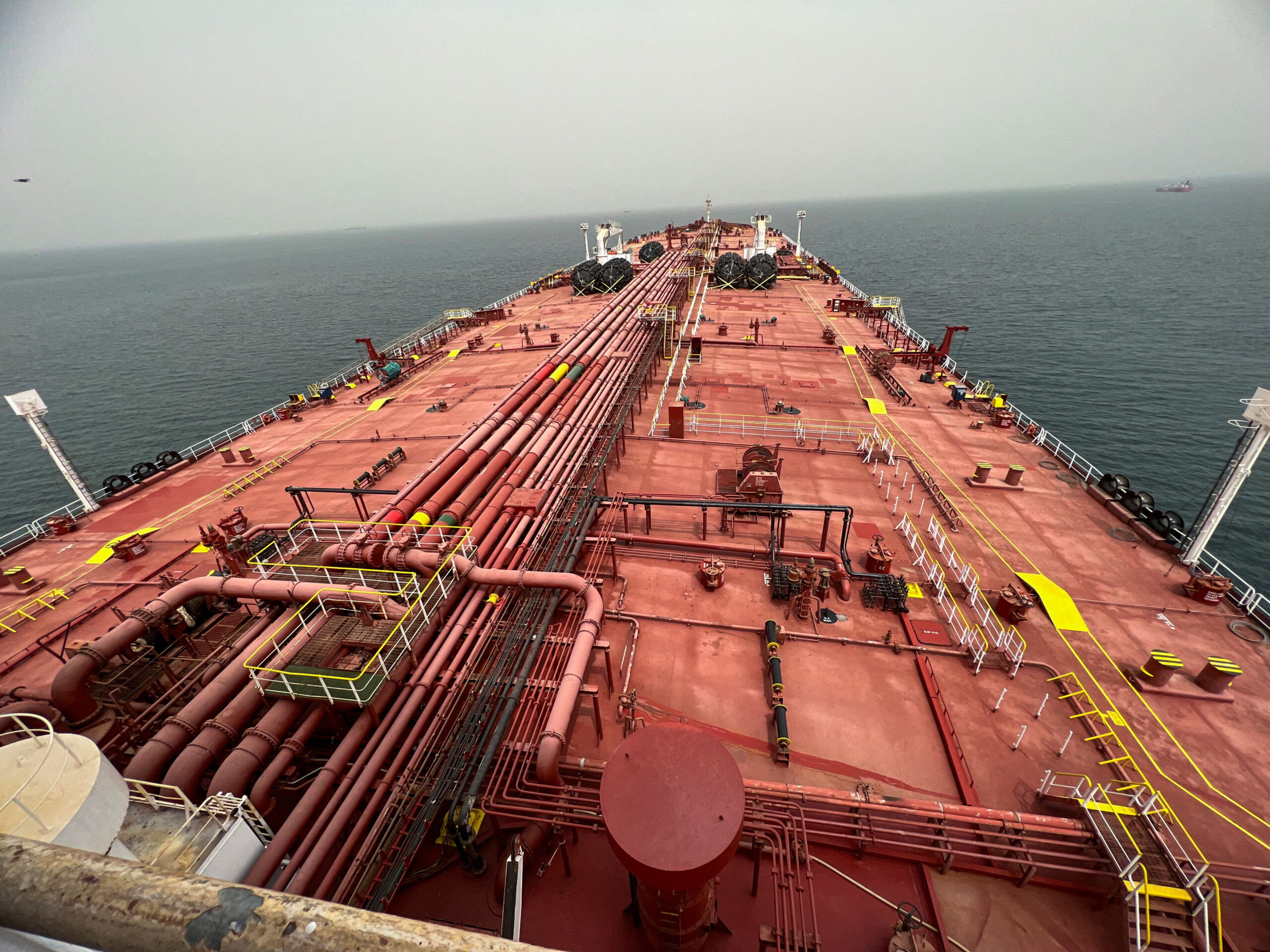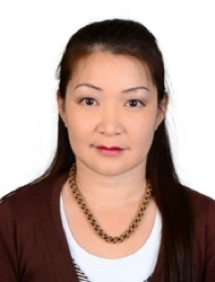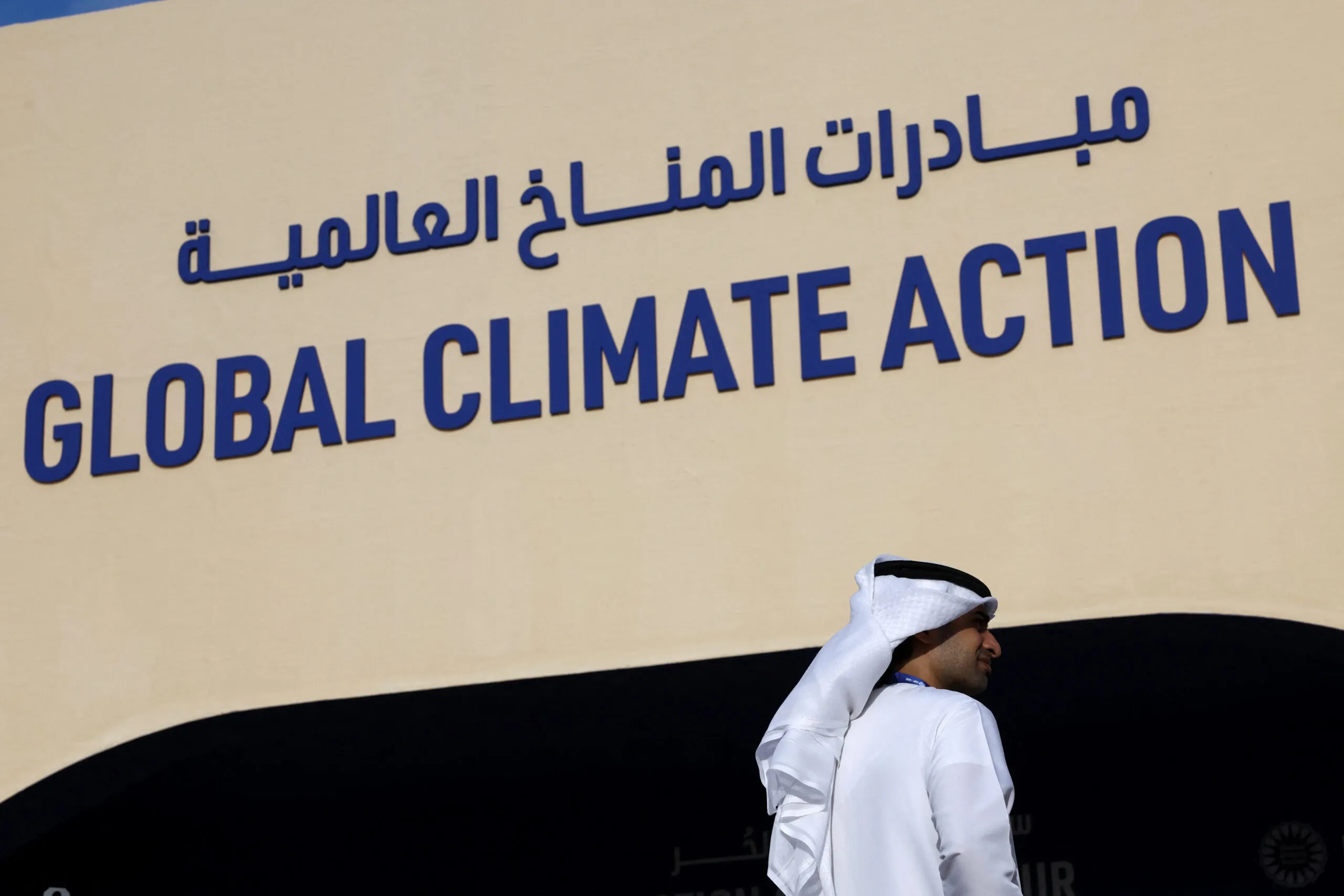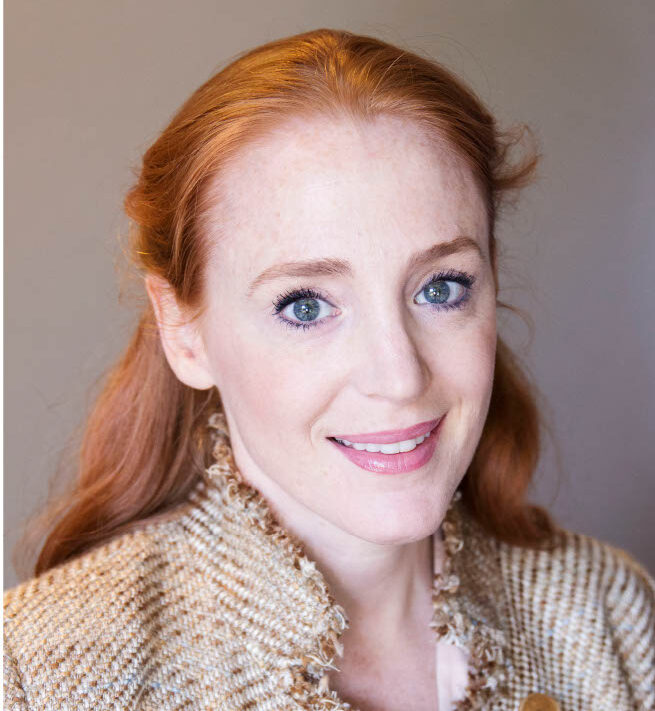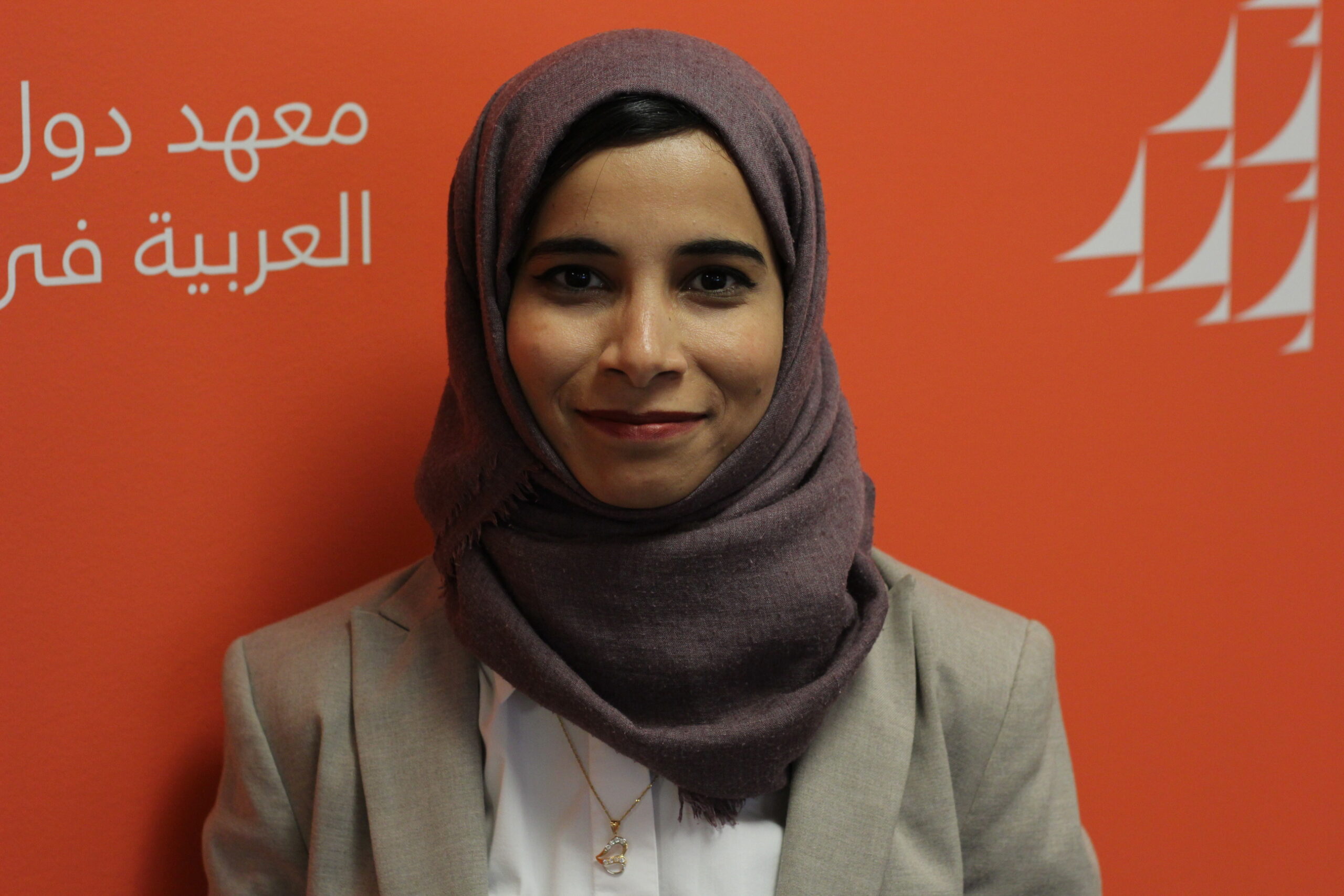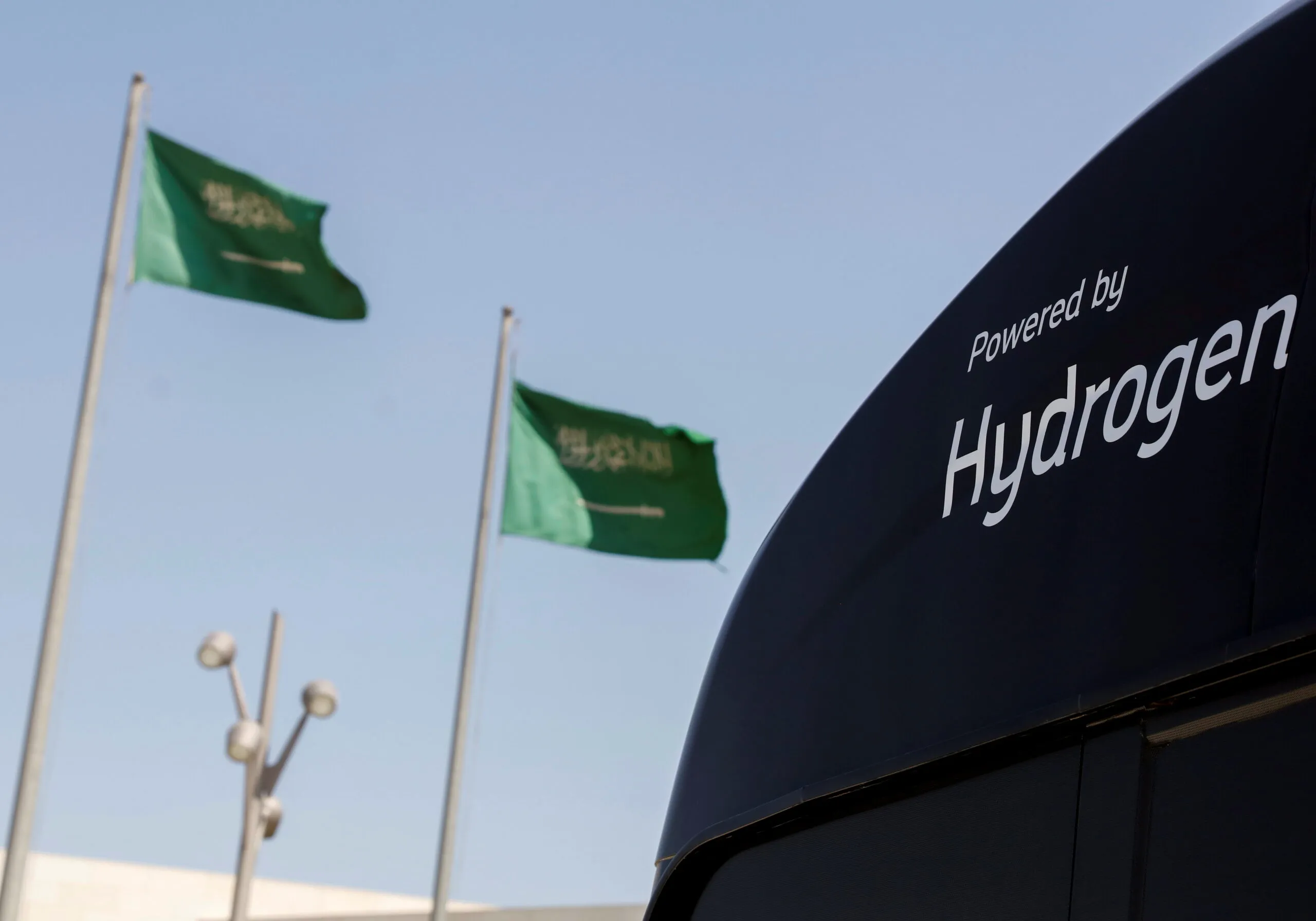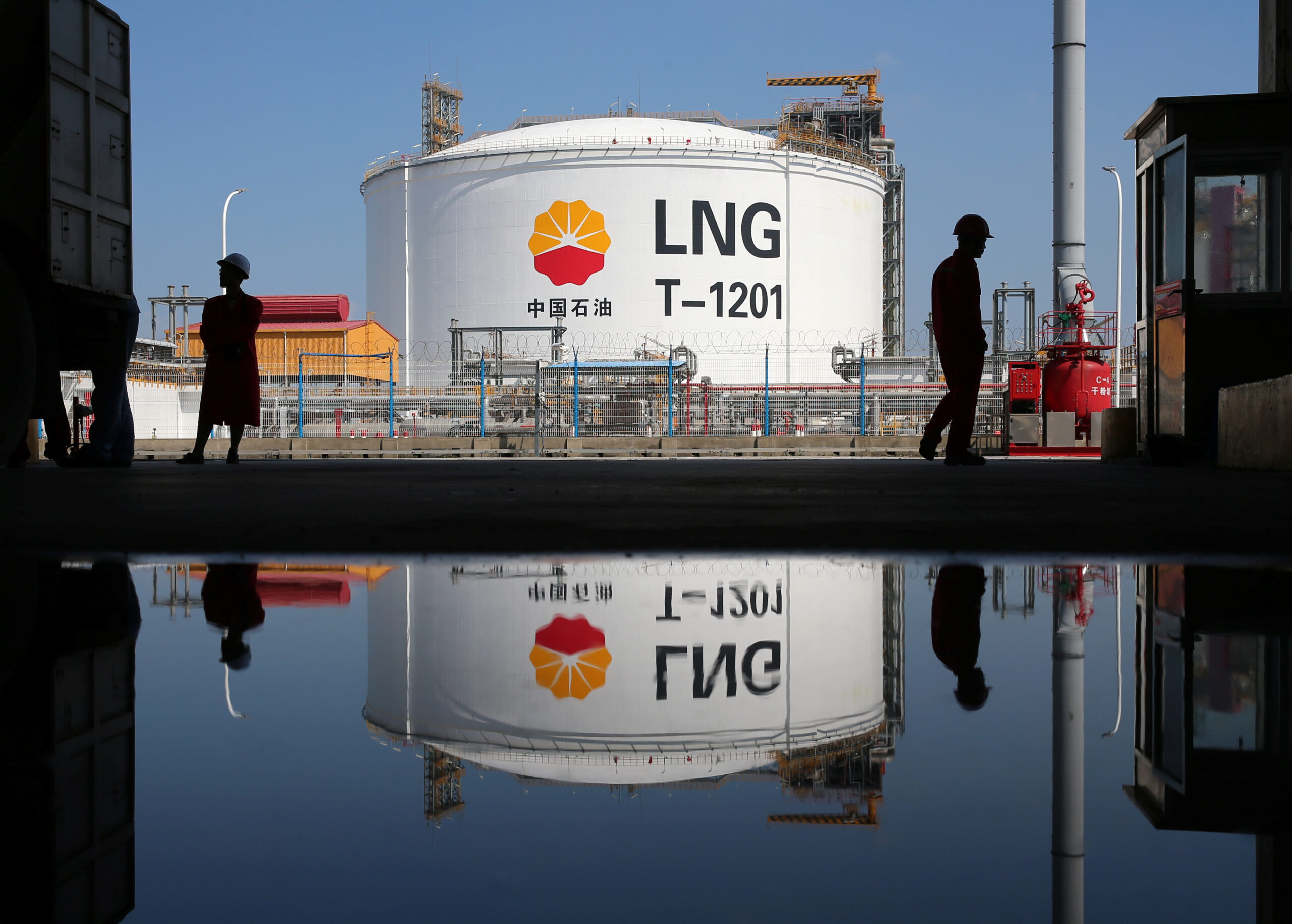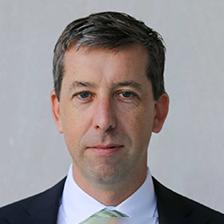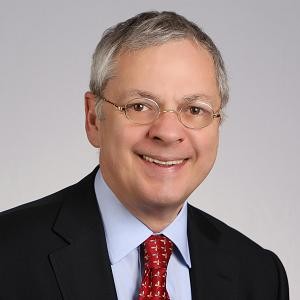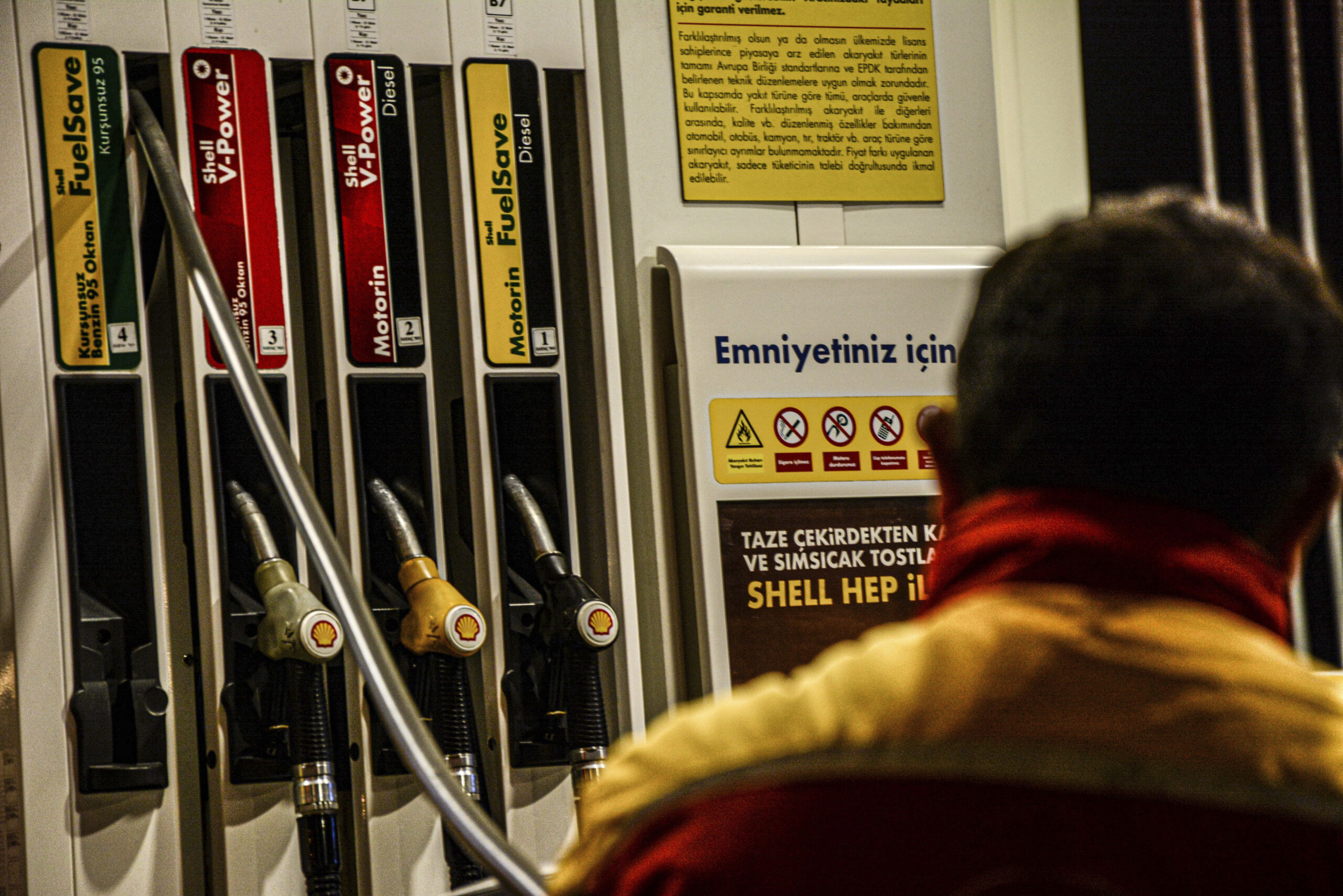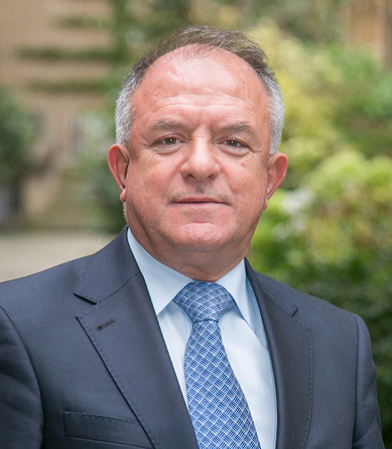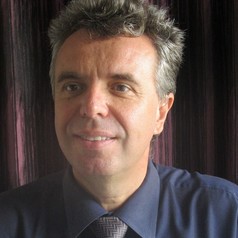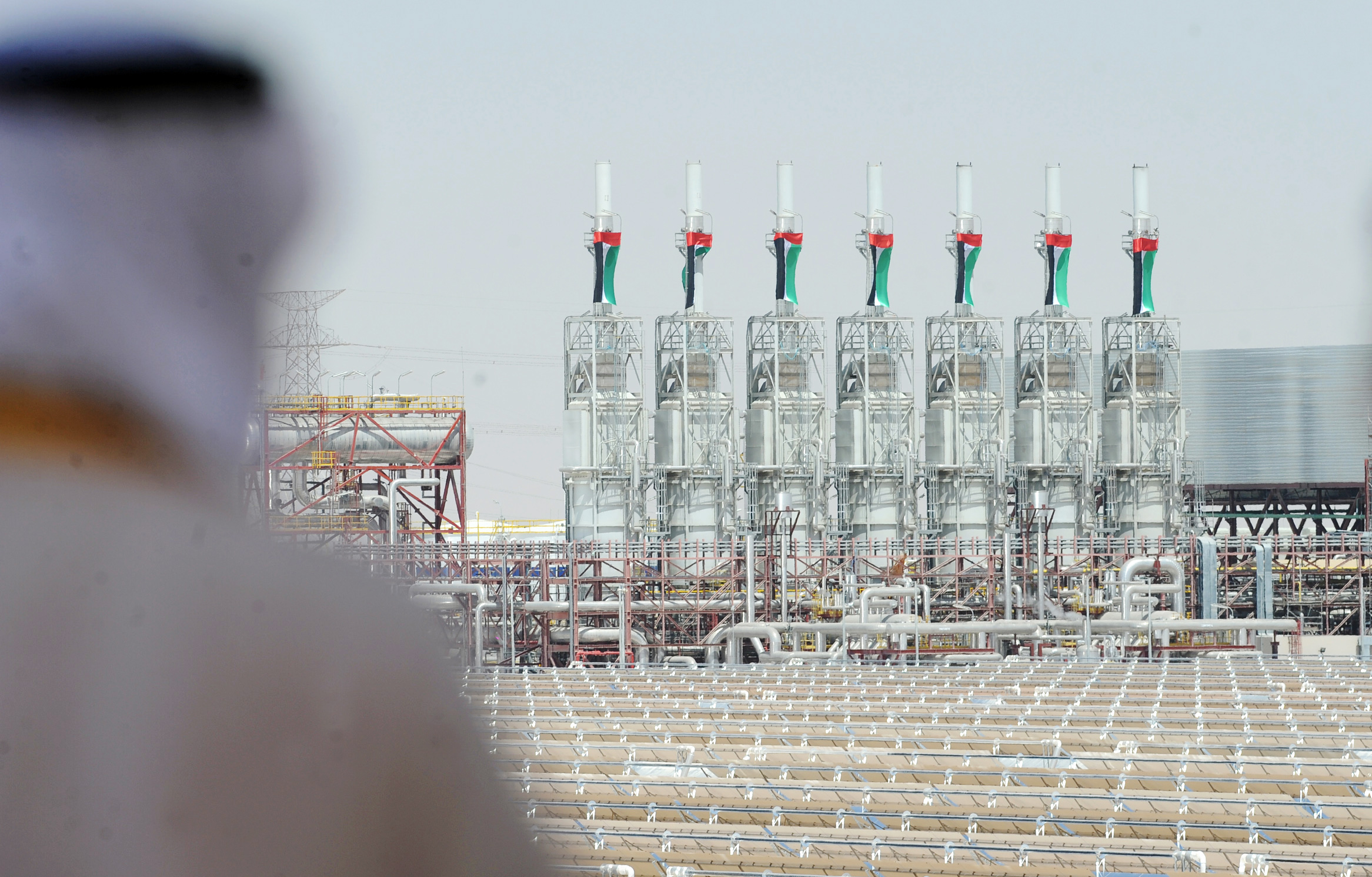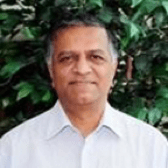
Kate Dourian
Non-Resident Fellow, AGSI; Contributing Editor, MEES; Fellow, Energy Institute
Kate Dourian is a non-resident fellow at the Arab Gulf States Institute, a contributing editor at MEES, and a fellow at the Energy Institute. Previously she was the regional manager for the Middle East and Gulf states at the World Energy Council, as well as the programme officer for the Middle East and North Africa in the Global Energy Relations Division of the International Energy Agency since September 2015. Her role included building relationships between the IEA and the governments of several Middle East and North Africa countries, using the extensive contacts that she accumulated during three decades spent in several Middle Eastern and North African countries as a journalist and energy analyst. Dourian was actively involved in the discussions that led to Morocco becoming an IEA Association country and the joint work program for which she raised funds from IEA members. She also helped write and edit the Middle East and North Africa sections of several IEA publications and contributed to the supply section of the Oil Market Report. She made presentations on behalf of the IEA in various capitals, most recently at the IEF Ministerial in New Delhi in April 2018. Dourian is often consulted on Middle Eastern matters by banks, financial institutions, and oil and gas companies. She also served as the IEA’s representative on the executive board of the International Energy Forum.
Dourian joined the IEA from the Middle East Economic Survey where she was a senior editor covering energy-related developments in the Middle East for the weekly from 2013-15. She was also responsible for compiling the monthly OPEC survey for MEES, which is one of the secondary sources used by OPEC.
From 2000-13, Dourian was the editor in chief for the Middle East for oil price reporting agency Platts, now a division of S&P Global, based in Dubai. She was also the general manager of McGraw-Hill International. Additionally, she served as a member of the OPEC reporting team and was one of the reporters assigned to compile the OPEC production numbers. While in Dubai, Dourian served as a board member of the American Business Council.
From 1983-2000, Dourian was a correspondent and then a senior editor at Reuters, serving in a number of postings including Beirut, Nicosia, London, and Rabat. She joined the energy desk in 1992, covering the Brent crude market and OPEC meetings. Prior to joining Reuters, Dourian worked as a foreign correspondent for the Associated Press, based in Beirut, Lebanon from 1981-83.
Dourian has been a speaker and moderator at international conferences and has made many radio and television appearances, discussing energy and geopolitics on a number of platforms in English, Arabic, and French on BBC, CNN, Al Arabiya, CNBC, and Al Jazeera English, and has been quoted extensively in several publications. In 2024, Dourian was recognized by Gulf Intelligence as one of the top 30 female energy analysts.
